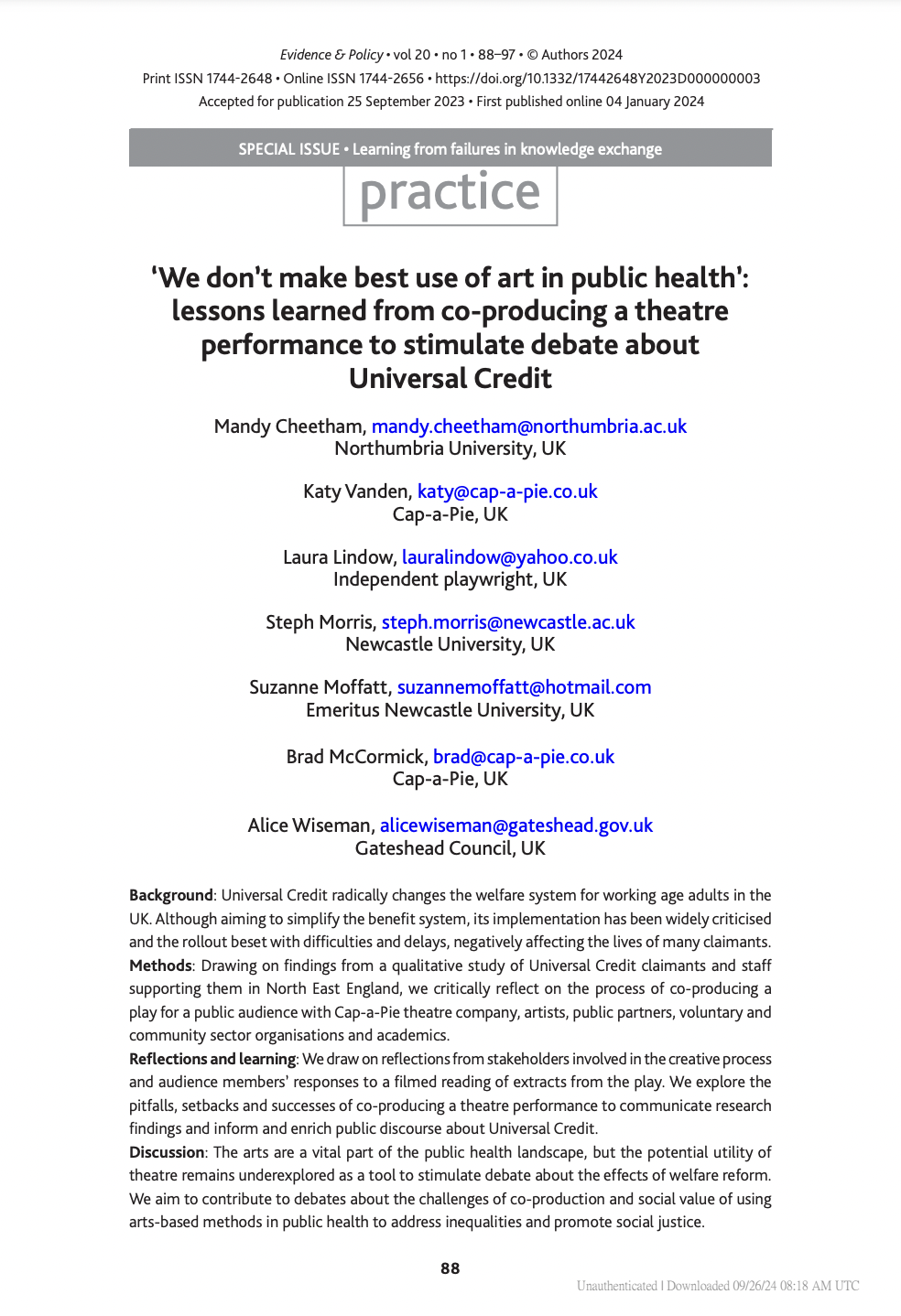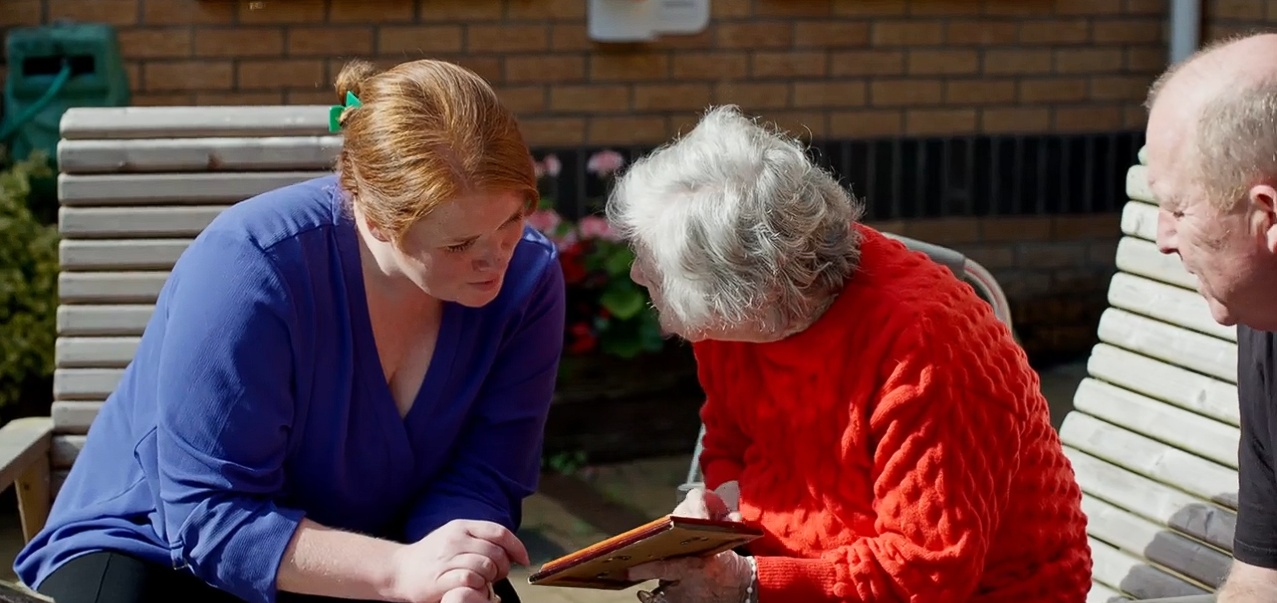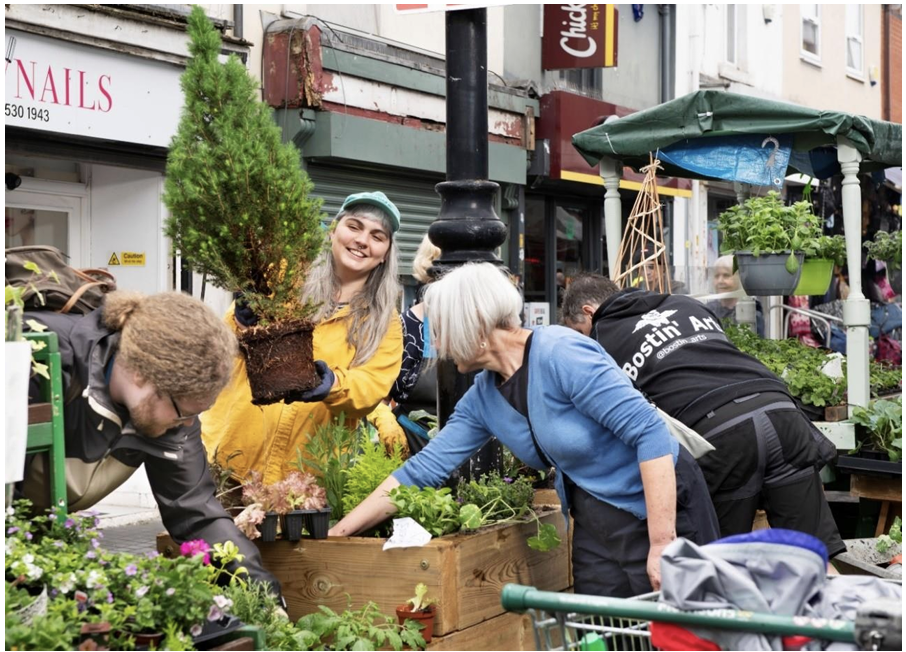
-
Source
‘We don’t make best use of art in public health’: lessons learned from co-producing a theatre performance to stimulate debate about Universal Credit
Universal Credit radically changes the welfare system for working age adults in the UK. Although aiming to simplify the benefit system, its implementation has been widely criticised and the rollout beset with difficulties and delays, negatively affecting the lives of many claimants.
Drawing on findings from a qualitative study of Universal Credit claimants and staff supporting them in North East England, we critically reflect on the process of co-producing a play for a public audience with Cap-a-Pie theatre company, artists, public partners, voluntary and community sector organisations and academics.
We draw on reflections from stakeholders involved in the creative process and audience members’ responses to a filmed reading of extracts from the play. We explore the pitfalls, setbacks and successes of co-producing a theatre performance to communicate research findings and inform and enrich public discourse about Universal Credit.
The arts are a vital part of the public health landscape, but the potential utility of theatre remains underexplored as a tool to stimulate debate about the effects of welfare reform. We aim to contribute to debates about the challenges of co-production and social value of using arts-based methods in public health to address inequalities and promote social justice.
We explore the extent to which collaborations between researchers, public, policy and practice partners, and theatre makers can raise awareness of the effects of Universal Credit, challenge negative attitudes about Universal Credit claimants, and stimulate debate about the adequacy of social security in the UK.




